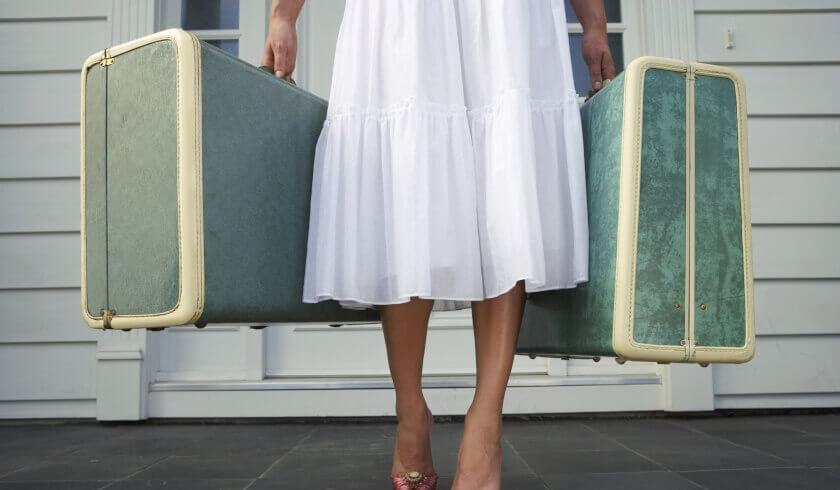The hard-to-swallow truth: The prickly points of the Airbnb reforms

Announced last month and heralded as “the toughest laws in the country”, the proposed reforms to short-term letting in NSW will introduce regulation to an industry that property commentator Anna Porter claimed was previously “exploited” for maximum profit.
“Airbnb are going back to their grass roots in NSW,” Ms Porter said.
“Originally the platform was set up for people who wanted to rent out some spare rooms in their own home as an alternative to backpacker accommodation for travellers, thus allowing home owners to make some spare cash.
The Airbnb platform has since been exploited and has become the short-term accommodation platform for investors to maximise profits. Without proper regulation and no barriers to entry this has resulted in many complaints from local communities and a need for government and other regulators to step in.”
Investors who saw short-term letting as a major source of returns should have anticipated sooner or later major reforms to a new concept.
“If you're going to invest hundreds of thousands into an industry in its infancy, you need to have an appetite for risk and be prepared that it may not last long. Investors should have assessed their numbers based on long-term rentals as well and ensured they were still able to afford their investment, without a supplementary Airbnb income,” Ms Porter said.
“We saw so many people jump on the band wagon without really understanding the risks associated with it.”
These regulations follow in the footsteps of similar actions taken internationally, such as in Japan where approximately 68,000 properties were removed from short-term letting services when regulations came into effect, which could be expected here too.
The knock-on effect, according to Ms Porter, will likely see more long-term rental properties cropping up.
“Airbnb hotspots will see more properties being taken from the short-term rental market and moved over to long-term leases and even some investors pulling the pin altogether as a follow-on effect from the regulation,” she said.
“Some investors will not want to conform with the legislation and will have to put their property on the market, as many of the properties are set up as rentals only and not in an area that the owner of the property resides. Some property owners simply can’t adapt and will have only two options, a long-term lease with significantly lower returns, or to sell.”
This is likely not the only changes that will hit the short-term letting space, with a review scheduled for June next year. One area that Ms Porter strongly advocates for is safety in relation to short-term letting properties.
The policy is set to be reviewed in 12 months’ time.
“We see many properties that are not compliance with fire regulations, pool safety, building codes, railing heights on balcony’s, and many other safety hazards that put occupants, including families with children at risk,” Ms Porter said.
“If you rent out a property on a long-term lease, or you are a commercial hotel venture you need to be compliant. But this sector of the DIY hotel space has continued to circumvent their obligations to other people’s safety”.

